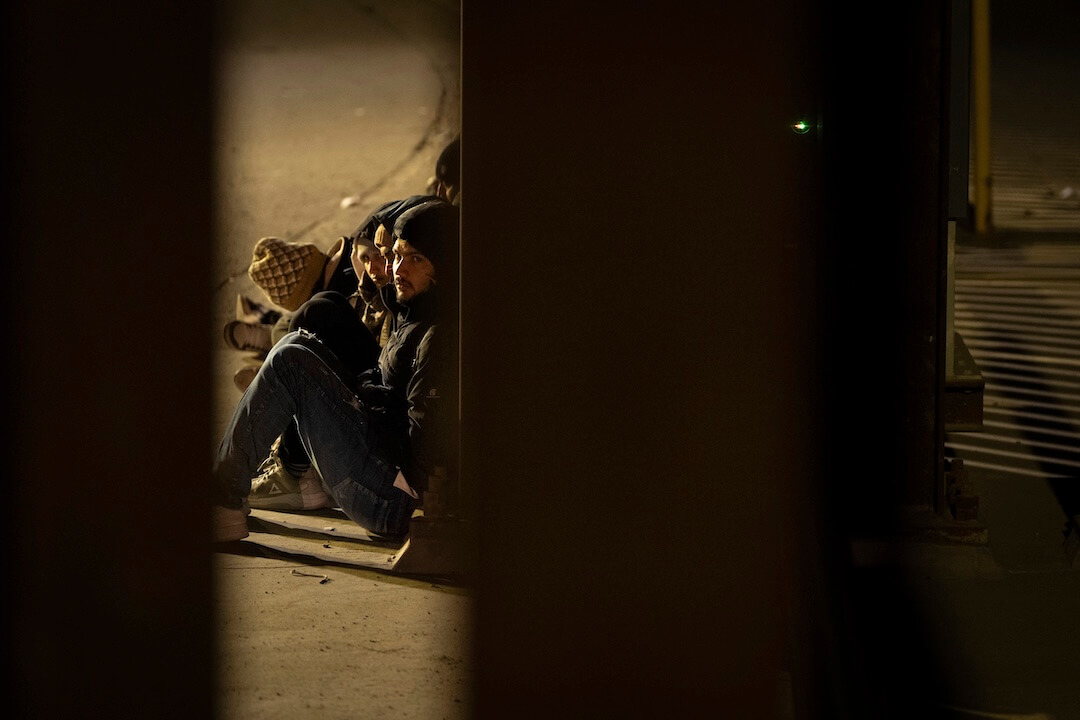European fact-checkers are trying to thread the needle between debunking falsehoods about the AstraZeneca COVID-19 vaccine and explaining why several European countries have paused its distribution. Most say they’re putting a greater emphasis on explainers, but they acknowledged the lack of scientific evidence for the pauses is putting them in an awkward position.
“This is a hard case for us since we try to convince people to not listen to scientific or health claims from dubious sources and always listen to official health authorities,” wrote Rocío Benavente, health and science editor for the Spanish fact-checking organization Maldita.es, in an email to the IFCN. “In this case, those authorities aren’t following scientific advice.”
Countries in Europe began pausing their use of the AstraZeneca vaccine after reports out of Austria and Norway tied a small number of recipients to blood clotting disorders which, in some cases, resulted in death. The European Medicines Agency affirmed Tuesday it believes the benefits of the vaccine outweigh potential risks but also said it would publish its findings on the recent spate of blood clottings Thursday. The Pfizer, Moderna and Johnson & Johnson vaccines are all also approved for emergency use in Europe.
William Audureau, a reporter for the French fact-checking unit Les Décodeurs at the Le Monde newspaper, said the anti-vax community has been celebrating these latest developments, even going so far as to use them in misinformation about other vaccines.
“We’re observing a rising of misleading claims about the Pfizer vaccine as if the anti-vax community was trying to obtain suspension of both,” Audureau said. He added this latest move follows a trend of confusing instructions by the French government contributing to distrust in the general public.
“The French government has been criticized for several flip-flops (mostly about the mask, about the teased but then unannounced third lockdown), which cause popular mistrust to rise,” Audureau said. “Another flip-flop about AstraZeneca might worsen it and strengthen conspiracy theories.”
[the_ad id=”667826″]
In Italy, however, Camilla Vagnozzi, managing editor of the fact-checking organization Facta, explained that her audience was initially skeptical of reports that the government had paused its use of the vaccine.
“We received many fact-checking requests from readers that believed it was fake news,” Vagnozzi said. Despite this ironic twist, Vagnozzi said the government’s decision to pause using the vaccine is correlating to an increase in anti-vaccine sentiment including among people who’d previously expressed confidence in the vaccines.
“People are stressed and scared because they don’t know what to believe and vaccine hesitancy is growing,” she said. In the face of conflicting narratives, European fact-checkers are putting an emphasis on simply explaining the facts.
“Which governments are temporarily pausing the vaccine and why? What are the numbers of people affected by these adverse events that were also vaccinated with AstraZeneca?” Benavente said, giving examples of the types of questions her team is trying to answer. “More than keeping trust in authorities, what we are trying to do is explain the scientific evidence and processes behind vaccine administration.”
Vagnozzi said her organization is collecting all fact-checking requests related to the AstraZeneca vaccine and plans to publish a comprehensive report by the end of the week. She said both authorities and the media will have to be careful about how they communicate the next steps
“The decisions that European Medicines Agency and the Italian Medicines Agency make need to be shared and explained in an easy, understandable, and believable way,” she said. “Otherwise people won’t trust the AstraZeneca vaccine.”







